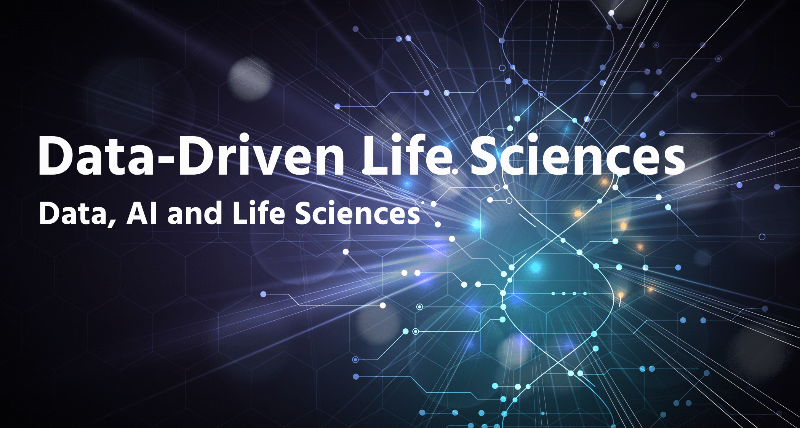Kursen är organiserad i sex moduler. Varje modul (förutom den inledande) behandlar ett centralt område inom livsvetenskap, såsom genomik, avbildning, proteomik eller molekyldynamik. Varje modul innehåller inbjudna föreläsningar med ledande experter, både internationella forskare och nationella fellows från Data-Driven Life Science (DDLS)-programmet.
Utöver dessa föreläsningar ingår två återkommande moment:
-
Datorlabb: Studenterna får handledning i webbaserad programmering och användning av generativa AI-verktyg (t.ex. ChatGPT, Cursor, Gemini CLI). Dessa pass fokuserar på praktiska färdigheter såsom att bygga AI-agenter, designa arbetsflöden, träna modeller och skapa MCP-verktyg. Studenterna lär sig även prompt engineering och hur man bygger kontext för AI-agenter som kan stödja vetenskaplig forskning och upptäckter.
-
Journal club: Varje vecka läser och diskuterar studenterna en utvald vetenskaplig artikel. I små grupper analyseras artikelns struktur, styrkor och begränsningar. Detta moment hjälper studenterna att utveckla kritiskt tänkande, vetenskaplig kommunikation och förmågan att utvärdera forskning i framkant. Tidigare kursdeltagare har lyft journal club som en av de mest engagerande och givande delarna av kursen.
Denna kombination av expertföreläsningar, praktiska laborationer och interaktiva diskussioner säkerställer att studenterna inte bara får kunskap inom datadriven livsvetenskap, utan också utvecklar de praktiska färdigheter och kritiska perspektiv som krävs för framtidens AI-stärkta forskare.
Kursen syftar till att introducera studenterna till området datadrivna livsvetenskaper genom att låta dem lära sig om sina olika applikationsområden.
Denna kurs kommer att introducera studenten till datamängder av olika typer, såsom genomik, proteomik, metabolomik, transkriptomik, biomolekylär struktur, molekylära dynamiksimuleringar, avbildning, video/ljudinspelning, organism och livsmiljöövervakning, befolkningsskala genetik, biobanker. Modeller av de biologiska fenomenen och de relaterade vetenskapliga genombrotten som baserades på analysen av sådana datamängder kommer att presenteras, analyseras och diskuteras.
Analystekniker som kommer att introduceras och användas i denna klass tillhör maskininlärning, artificiell intelligens, andra beräkningstekniker för statistisk analys. Dessutom kommer visualiseringstekniker att introduceras och diskuteras.
En annan viktig aspekt som kommer att introduceras och diskuteras är relaterad till etik för datainsamling, hantering, analys och delning. Eleverna kommer särskilt att utbildas i god praxis relaterad till datadrivna livsvetenskaper.
Efter godkänd kurs ska studenten kunna:
- beskriva området "datadrivna biovetenskaper", inklusive en översikt över olika tillämpningsområden, och ge exempel på tillämpningar och deras associerade analysmetoder
- tillämpa statistisk analys och maskininlärningsanalys på biologiska datamängder och formulera modeller av biologiska fenomenen
- presentera och granska vetenskaplig litteratur inom området datadriven biovetenskap
- reflektera över etiska konsekvenser av datadrivna livsvetenskaper och beskriva god praxis kring datalivscykeln (insamling, hantering, delning och analys)
